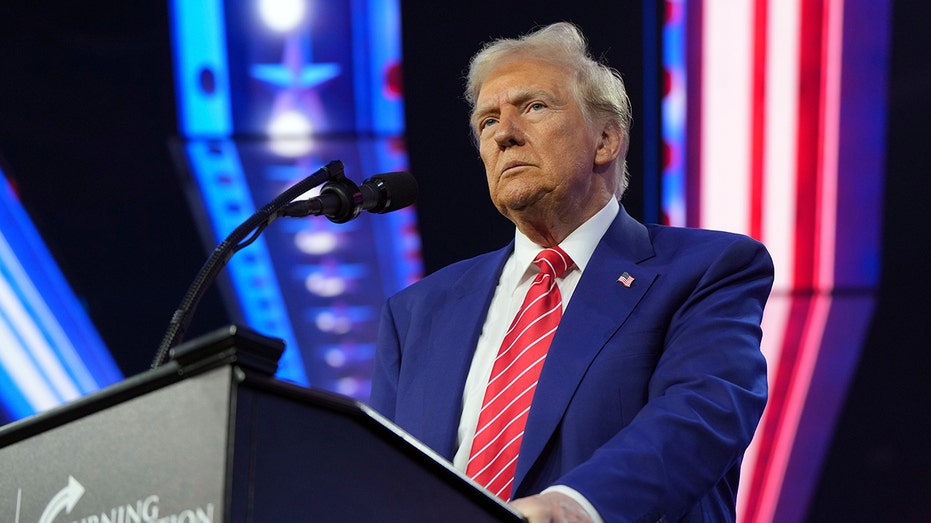
Fifty-nine letters, bound by a brittle rubber band, saved in a dresser drawer for a half-century. Wartime letters sent by my father to my mother at her family home in Chicago, written in his own hand on Navy letterhead, the precise print of an engineer, angled slightly to the right. Yellowed on the edges but otherwise pristine, each tucked in its envelope with care.
Personal letters, private letters, too painful to touch. Dad gave them to me one year after Mom’s agonizing death from breast cancer. The next day, my despondent, can’t-eat-can’t-sleep, won’t-come-out-of-the-basement father invited her childhood friend on a date.

And married her. How does grief end on day 366? Does it slip into a compartment under lock and key? I couldn’t even look at the letters for 30 years, let alone read them. They sat on a closet shelf in a dusty box marked “Mementos of Mom” until Dad’s final year on earth, after the death of his second wife.
Older me, wiser me, finally felt ready. I sorted them by postmark and traced his path on a world atlas. By land from Chicago to South Bend, Indiana, to Newport, Rhode Island, then west across the country to San Francisco.
By sea to Pearl Harbor, Hawaii, then Manila and Shanghai and back. Twenty thousand miles by train, bus and ship. They tell the incredible journey of a thoughtful young man from Berwyn, from college student to naval officer, from teenage boy to married man.
He shared this journey in letters to his girl back home and never spoke of it again. These letters are part travelogue, part history lesson and part love story. And a window into my mother’s 20-something world.
I wanted to breathe in the bus exhaust on Fullerton Avenue. Feel the warmth of blurry city lights on a foggy November night. Dance cheek to cheek to “Moonlight Serenade” at the Edgewater Beach Hotel.
The letters took me there. My father was a quiet man with a brilliant mind and, at work, a master of complex electrical schematics. But at home, he bored us into oblivion with his carousel of slides, his stamp collection and model trains, his eye for precision in everything he did.
Until I read the letters, I did not know he had surfed the warm waters of Waikiki in yellow Jantzen swim trunks he bought at the sub base in Pearl Harbor. Crossed the international date line by ship to earn a Domain of the Golden Dragon certificate. Toured San Agustin Church, the only building left standing in the old walled city of Manila after the war, its front covered in bullet holes from enemy fire on women and children.
Traded a carton of stale cigarettes for a carved camphorwood chest from merchants who floated in sampans on the Yangtze River. “Hey Joe,” they called, saluting his ship, “hubba hubba, Goodrich Rubba.” But most unlikely, I did not know my father was an artist whose words conjured painterly images of the many places he visited.
Another creative, trapped in a left brain-right brain conflict by a bad case of obsessive compulsive disorder like me. If only I had known my father — and myself — better, sooner. Barbara J.
Ferraro’s father, Adolph F. Bandur, and her mother, Norma Holby Bandur. (Barbara J.
Ferraro) It took all my courage, but I read the letters aloud to my father as his frail body withered. “Hearing,” the hospice nurse assured me, “is the last sense to fade. Your voice, your words, comfort him.
” As I read to him, I realized he had never stopped grieving for my mother. In that first terrible year without her, he had read the letters, just as I was doing, to try to come to terms with her loss. He still loved her so much but had to move forward in order to survive.
He gave me the letters so one day I would see it. I held his softly padded hand in mine when his eyes no longer opened. In his final hours, he asked for her engagement picture and whispered to it: “I’ll follow you, Norma.
” She came for him that night. When my father wrote the letters as a young man, he could never have imagined he and I, his future daughter, who both needed something to hold onto, would read his words decades later as a salve for our broken hearts. Barbara J.
Ferraro is a third-generation Chicagoan, a writer, an interior designer and a foodie. She is busy polishing her memoir. Submit a letter, of no more than 400 words, to the editor here or email letters@chicagotribune.
com ..















